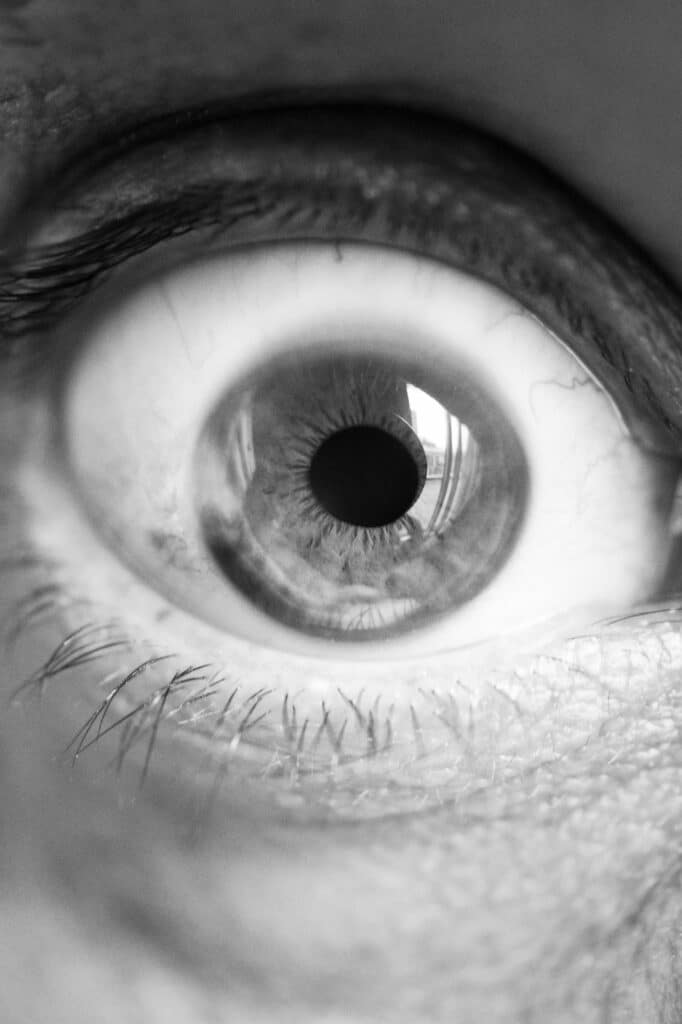
Hyperopia, also known as farsightedness, is a refractive error that causes blurry vision. Having a refractive error means that the shape of your eye does not bend light correctly, resulting in seeing a blurred image. Hyperopia, also called hypermetropia, farsightedness or long-sightedness, is a vision problem that causes blurry vision when focusing on nearby places and objects, but clear vision when focusing at a greater distance.
What Causes Hyperopia?
Hyperopia occurs when the image formed by the focusing mechanism of the eye is behind the retina. The condition is caused by an eye that is shorter than normal or a cornea that’s not as curved as it should be. Eyes that are slightly misshapen won’t be able to focus light accurately onto the retina, which results in blurred vision.
Farsightedness is largely hereditary but can develop in anyone. It’s possible to experience symptoms even during childhood but is much more common later in life.
Hyperopia Symptoms
Symptoms of farsightedness include:
- Blurred vision
- Difficulty seeing objects up close
- Crossing of the eyes in children
If you’re experiencing any of these symptoms, it’s recommended than you make an appointment with an eye care professional. A comprehensive eye exam will help determine what kind of issue you’re having and what steps can be taken to correct it.
Treatment Options
Hyperopia is commonly treated with corrective lenses such as eyeglasses or contact lenses. For some forms of hyperopia, refractive surgery such as LASIK may be able to correct it. Each treatment option has its own advantages and disadvantages, though, and lifestyle, work environment and personal preference all play a role in deciding which is best for each patient.
It’s vitally important for patients to get their eyes checked regularly because vision problems tend to slowly change over time. For those diagnosed with farsightedness, this will enable your eye doctor to monitor your condition and adjust your corrective lens prescription as appropriate.
To learn more about hyperopia, contact Inland Eye Institute at 909-937-9230 or inlandeye.com to schedule an appointment with one of our doctors.









